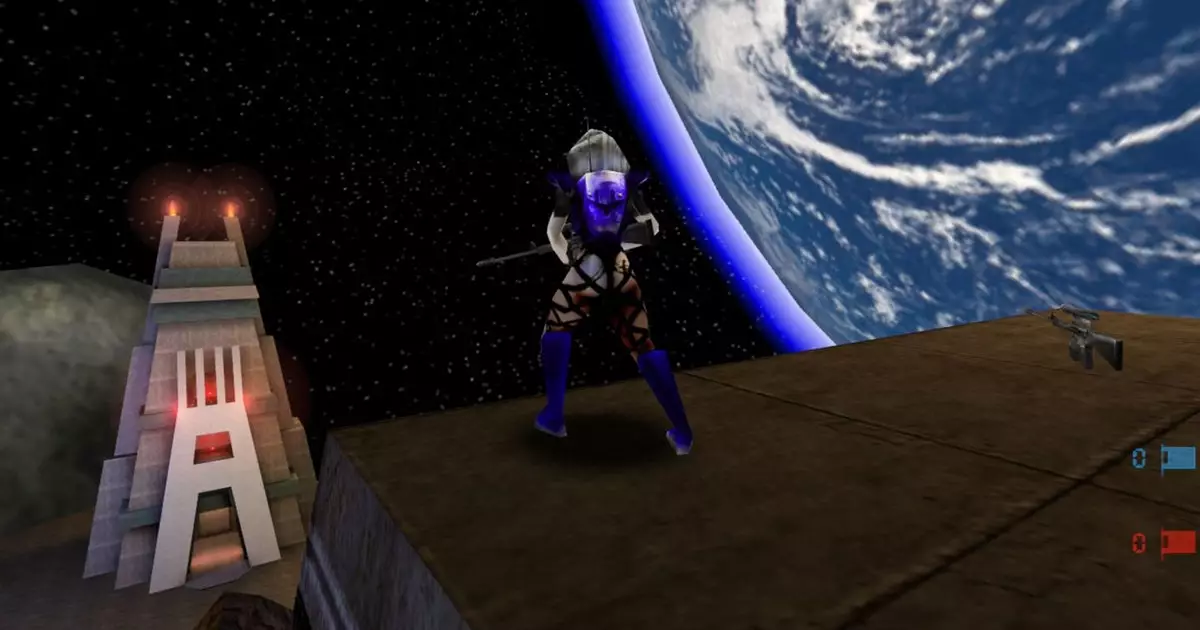The gaming landscape has undergone a significant transformation over the past few decades, particularly in how classic titles are preserved and made accessible to new generations of gamers. Recently, Epic Games made a notable decision by allowing two of its iconic titles, Unreal (1998) and Unreal Tournament, to be hosted on the Internet Archive. This move not only ensures the preservation of these vital pieces of gaming history, but it also democratizes access, making them available for free. This shift has drawn the attention of both longtime fans and new players eager to experience the foundation of the first-person shooter genre.
Accompanying Epic’s decision is the invaluable work done by the fan group known as Old Unreal. These enthusiasts have taken the initiative to develop user-friendly installers that simplify the downloading and installation process for these classic games. While the Internet Archive is a treasure trove of content, its user interface can often be cumbersome for the average user. The dedication of Old Unreal in creating streamlined installation processes helps bridge the gap, allowing players to easily navigate the complexities of modern gaming hardware and software compatibility. Their installers for both Unreal Gold and Unreal Tournament efficiently manage downloading necessary files and setting up everything for first-time players.
The decision to host these games for free only serves to reinforce the growing movement towards accessibility in the gaming community. Epic’s prior removal of Unreal from platforms such as Steam had disappointed many fans who were seeking to relive their gaming experiences. While Epic’s motivations for steering players towards its proprietary store are understandable, the recent reversal is a welcome change. Free access helps mitigate frustrations and fosters goodwill among the gaming community, potentially restoring the trust of consumers in the process.
Moreover, it inspires a broader conversation about the importance of game preservation. It is a recognition that older titles hold immense value within the culture of gaming. Initiatives by companies like GOG, focused on facilitating the revival of classic games for modern systems, coincide with this new chapter in Epic’s approach. The restructuring of how heritage titles are treated, shared, and celebrated is crucial for both historical acknowledgment and for fueling the passion of new players engaging with the foundations of modern gaming.
Upon its release, Unreal was a technological marvel, pushing the envelope of what was possible in gaming at the time. The game’s atmospheric world, compelling gameplay mechanics, and cutting-edge graphics left an indelible mark on players. Approaching it more than two decades later reveals its foundational role in the development of future FPS titles. Discussions with the development team offer insights into the intense conditions under which the game was created, showcasing the dedication and sacrifices of its developers.
The current accessibility of Unreal and Unreal Tournament stands as a testament to the evolving ethos surrounding gaming and its history. As we celebrate this new era of free and convenient access to classic titles, it is crucial to understand the lasting impact these games had and continue to have on both creators and players alike. With the concerted efforts of dedicated fans and a more flexible stance from developers like Epic Games, the future of gaming’s past looks bright.


Leave a Reply